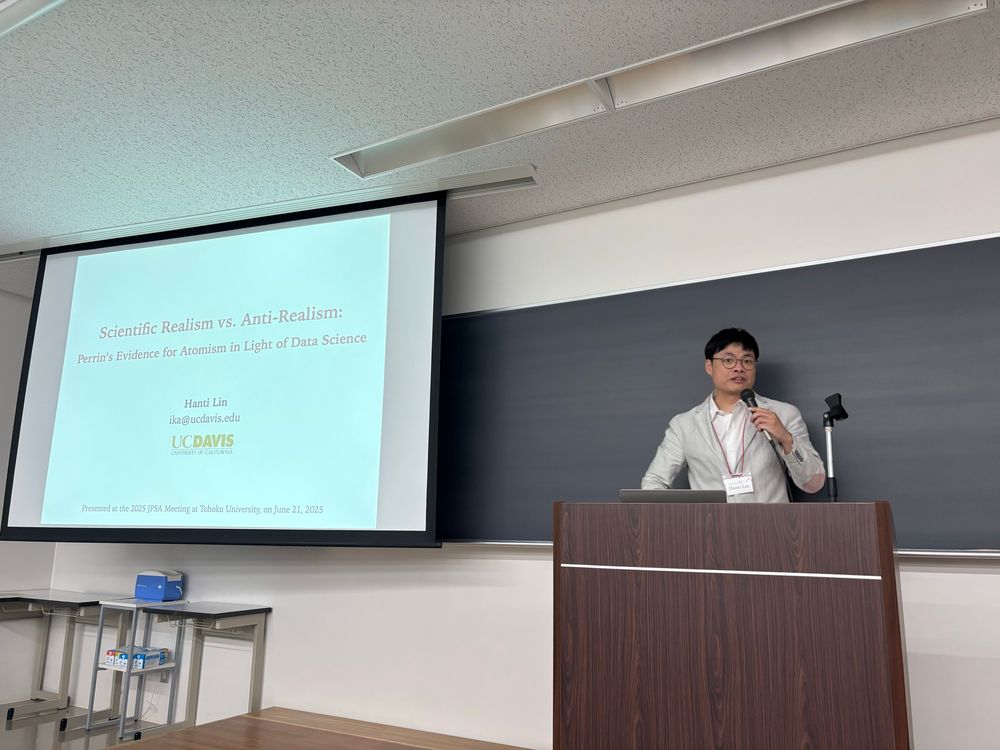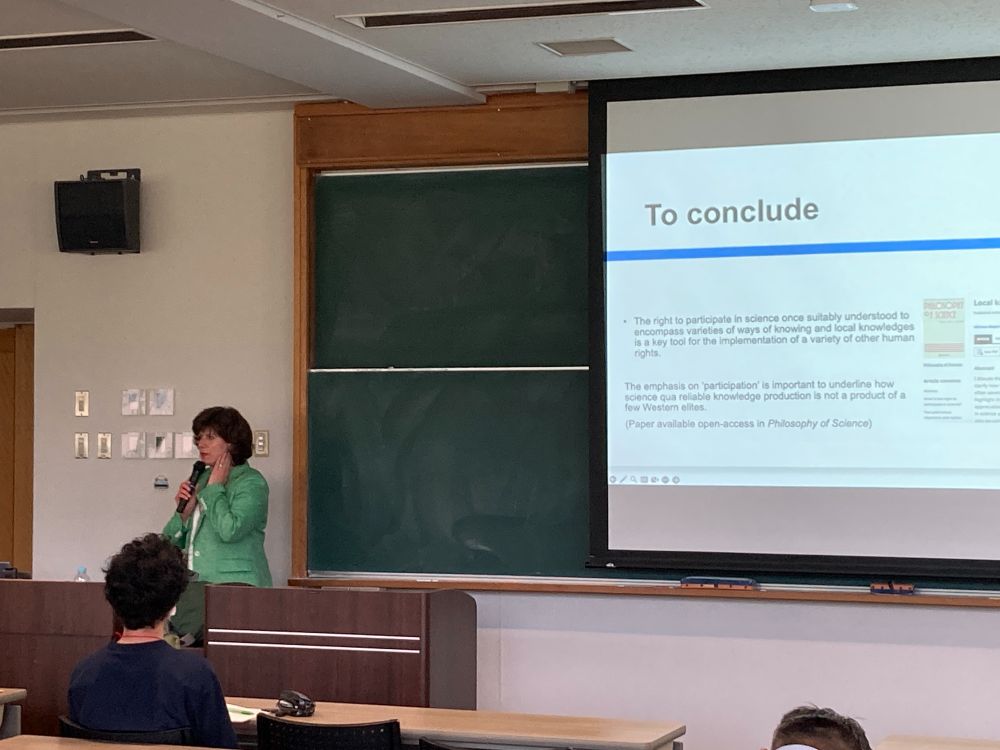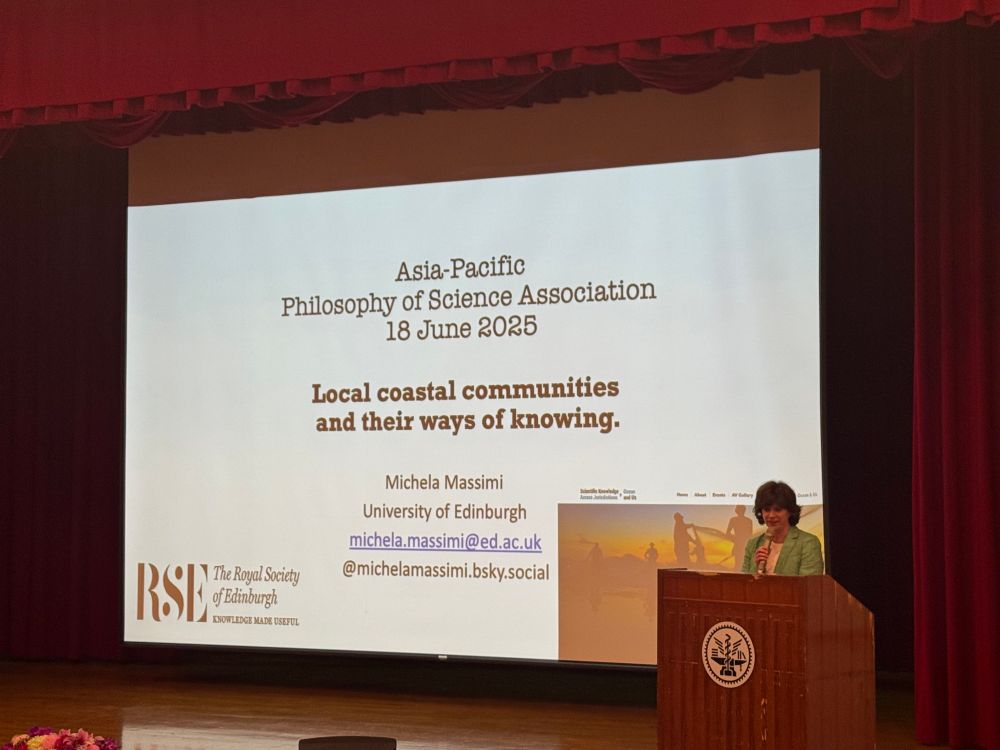https://junotk.net/
about causal interventions/do calculus via string diagram surgery

about causal interventions/do calculus via string diagram surgery
crowintelligence.org/2025/03/19/s...

crowintelligence.org/2025/03/19/s...
link.springer.com/article/10.1...
link.springer.com/article/10.1...
www.cambridge.org/core/element...

www.cambridge.org/core/element...

www.cambridge.org/core/element...







In this paper, we propose a novel Bayesian framework to model scientific practice as a whole, based on Taniguchi's theory of Collective Predictive Coding. (1/n)
royalsocietypublishing.org/doi/10.1098/...

In this paper, we propose a novel Bayesian framework to model scientific practice as a whole, based on Taniguchi's theory of Collective Predictive Coding. (1/n)
royalsocietypublishing.org/doi/10.1098/...
philsci-archive.pitt.edu/25367/
philsci-archive.pitt.edu/25367/

rdcu.be/edlaK
URL to the article: link.springer.com/article/10.1...
rdcu.be/edlaK
URL to the article: link.springer.com/article/10.1...
link.springer.com/collections/...
link.springer.com/collections/...
It establishes the derivation of the statistical tools in a way that made the mathematics much clearer to me.
I began to feel like I was reading mathematical formulae like english sentences - in the way that mathematics is a language.
It establishes the derivation of the statistical tools in a way that made the mathematics much clearer to me.
I began to feel like I was reading mathematical formulae like english sentences - in the way that mathematics is a language.

🗓️ Deadline: March 31, 2025
💻 Fully online, Nov 6, 14, 22
$50 fee (waivers available).
More info: www.philsci.org/psa_...
📄 Submit abstracts: psaatw25.sciencescon...
🗓️ Deadline: March 31, 2025
💻 Fully online, Nov 6, 14, 22
$50 fee (waivers available).
More info: www.philsci.org/psa_...
📄 Submit abstracts: psaatw25.sciencescon...
socialdatascience.network/fall2024/ses...

socialdatascience.network/fall2024/ses...
www.journals.uchicago.edu/doi/10.1086/...

www.journals.uchicago.edu/doi/10.1086/...
link.springer.com/article/10.1...

link.springer.com/article/10.1...

philsci-archive.pitt.edu/22945/

philsci-archive.pitt.edu/22945/


